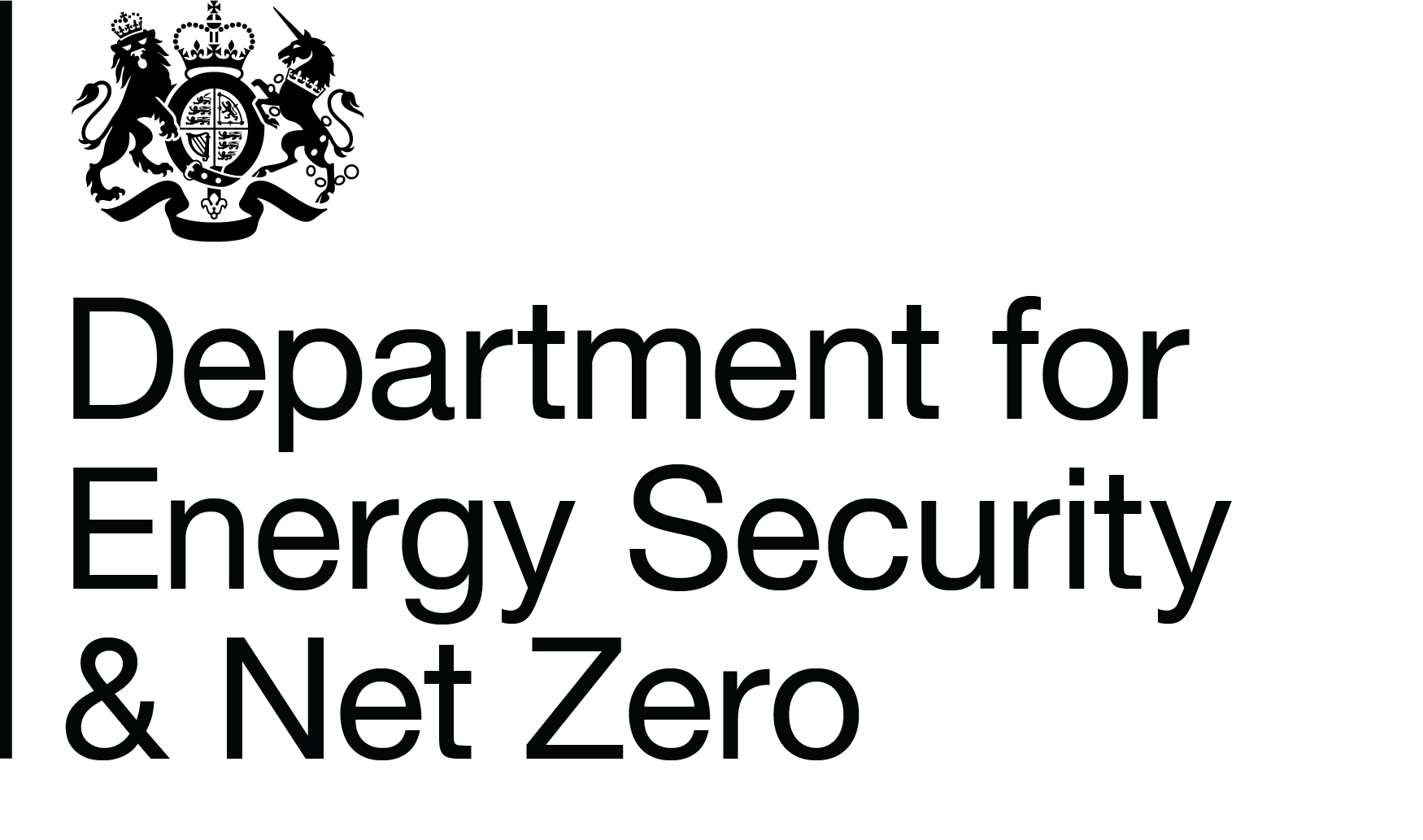Non-domestic Private Rented Sector minimum energy efficiency standards EPC B: future trajectory implementation
Overview
We are seeking views on Government’s proposed framework to improve implementation and enforcement of the EPC B target by 2030 for privately rented non-domestic buildings.
Why your views matter
In 2019 the Government published a consultation on an ambitious future regulatory target for the Non-Domestic Private Rented Sector Regulations of EPC B by 2030, where cost effective (this is available to access in the related links below).
Following large support for the Government’s preferred target of EPC B, the Government confirmed in the Energy White Paper that the future trajectory for the non-domestic MEES will be EPC B by 2030.
Stakeholder responses to the 2019 consultation raised issues with how existing minimum energy efficiency standards have been implemented. The Government has listened to stakeholder concerns and has set out proposals in this consultation to improve the implementation and enforcement of the EPC B by 2030 requirement, to ensure the policy can be delivered in practice.
Audiences
- Businesses
- Charities
- Construction
- Energy assesor
- Finance
- Innovation community
- Installer
- Investment
- Landlord
- Large businesses (over 250 staff)
- Local government
- Low carbon technologies
- Medium business (50 to 250 staff)
- Micro business (up to 9 staff)
- Property
- Research Councils
- Retail
- Small business (10 to 49 staff)
- SMEs (small and medium businesses)
- Technology (R&D)
- Tied pub tenants
- Tied pub-owning businesses
- Trade associations: pubs
- Trade bodies
- Universities
- Universities
Interests
- Carbon neutrality
- Climate change
- Electricity
- Emissions
- Energy and climate change
- Energy and climate change
- Energy efficiency
- Energy efficiency
- Saving energy
- Saving energy

Share
Share on Twitter Share on Facebook